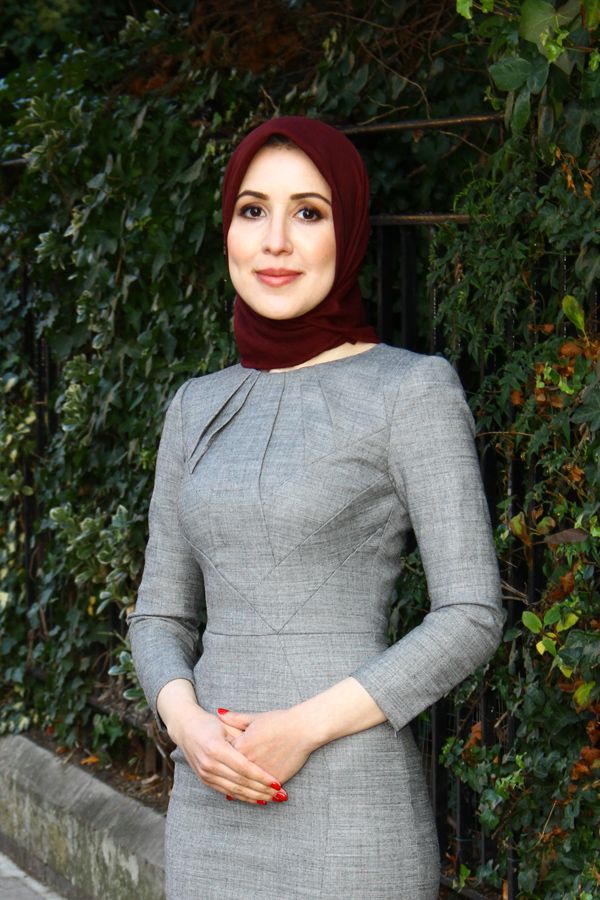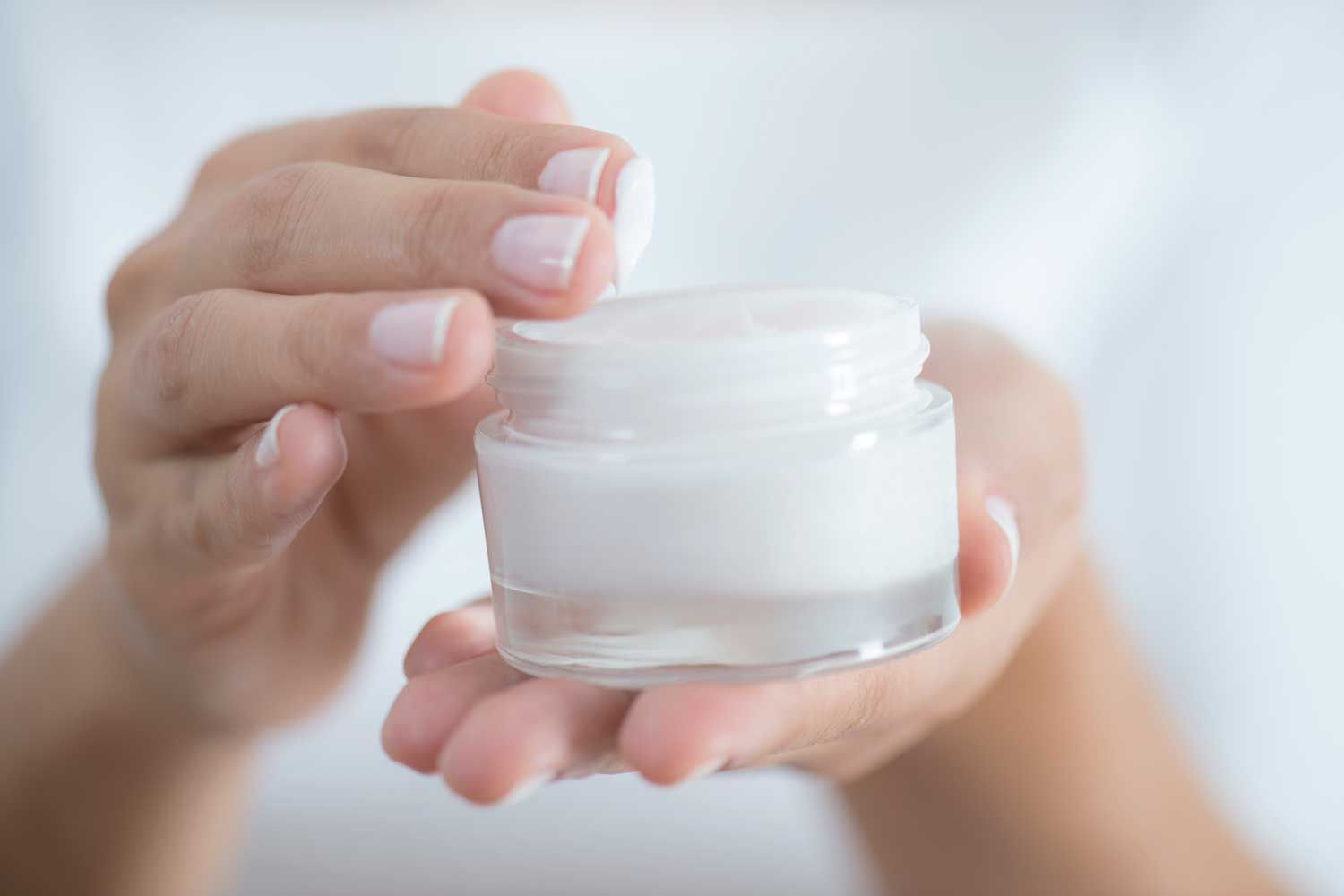Should your skincare and make-up routine change during Ramadan? London-based consultant dermatologist Dr. Zainab Laftah shares the beauty and wellness tips you shouldn't forget this month
While taking care of your skin should be a year-round practice, it's especially important to understand how to hydrate and care for it during the month of Ramadan. How does fasting affect your skin's hydration level? Can your skincare routine help maintain a glowing complexion at this time? What skincare and beauty blunders should one avoid when fasting?
See also: How To Prevent Premature Skin Ageing, According To An Award-Winning Dermatologist
To answer these questions, we speak to Dr Zainab Laftah, consultant dermatologist at St John’s Institute of Dermatology at Guy’s and St Thomas’ Hospital in London. Dr Zainab specialises in medical dermatology, surgery and aesthetics; and is known for tackling skincare topics on Instagram in informative and easy-to-understand ways.
Here, she sheds light on what beauty and wellness tips to remember when fasting and breaking fast this festive season.

How does fasting affect our skin?
Fasting has numerous health benefits. Intermittent fasting and calorie-restricted diets have been shown to protect against heart disease, diabetes and cancer. The prolonged hours of lack of water, however, can also leave your skin dehydrated which may manifest in a rough skin texture or a dull complexion.
Are there any skincare habits that should be avoided when fasting?
I advise my clients to stick to a gentle skincare regime with a focus on hydrating their skin barrier function. Using foaming cleansers and chemical exfoliants should be avoided if your skin is feeling tight and dry.
Related: Supergoop! Founder Holly Thaggard Speaks Up About The Importance Of SPF Sunscreen




